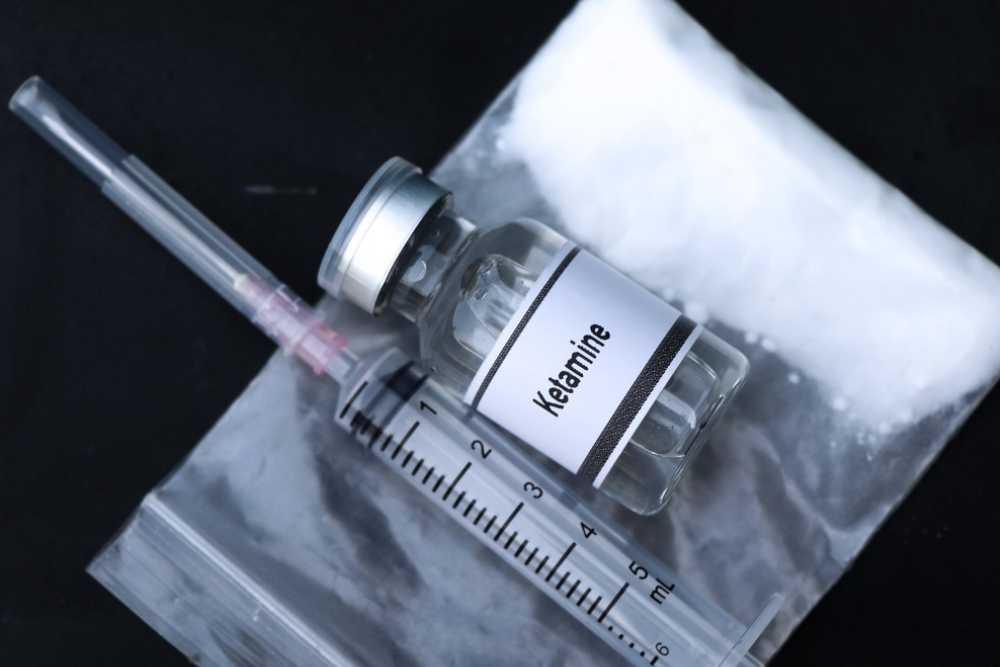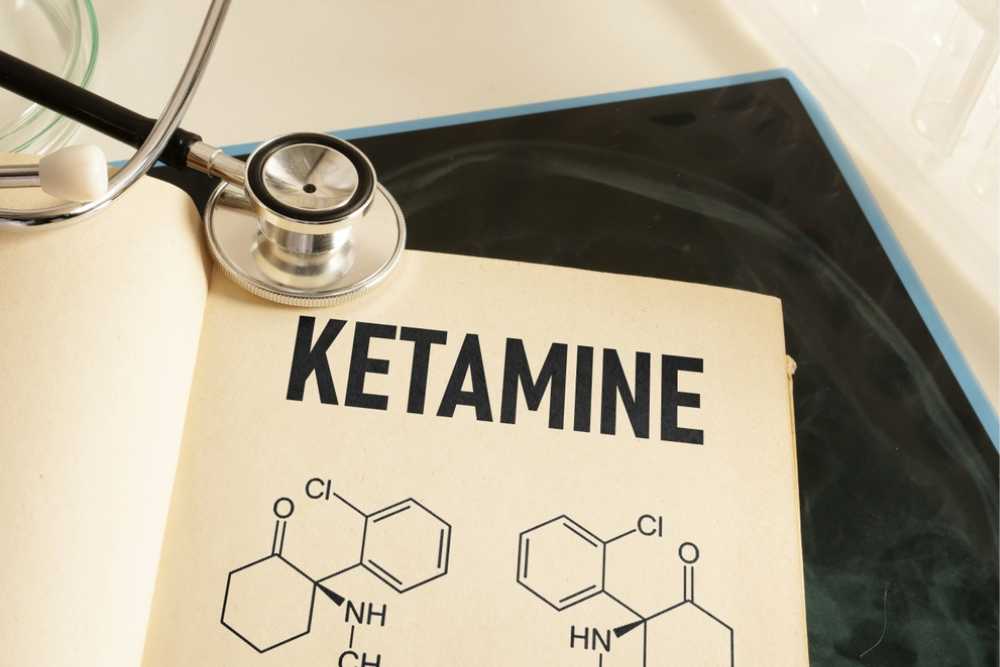We Accept Most PPO Insurance Policies
All calls and submitted forms are 100% confidential. Insurance could completely cover the cost of treatment




Yes, ketamine-assisted therapy has shown significant promise as an effective treatment option for several mental health conditions, particularly treatment-resistant depression. Ongoing research continues to show that attending mental health treatment programs in California can be valuable, though participating in ketamine therapy in Huntington Beach is dependent on individual circumstances. Ketamine-assisted therapy is most likely to help patients with treatment-resistant conditions who haven’t responded well to traditional treatments. However, it requires careful medical supervision and should be part of a comprehensive mental health treatment plan.

Ketamine is a dissociative anesthetic medication that was originally developed in the 1960s for medical and veterinary use. It is now FDA-approved as an anesthetic for surgical procedures and is commonly used in emergency medicine, intensive care, and veterinary practice. It’s particularly valuable because it doesn’t suppress breathing or cardiovascular function like many other anesthetics.
Ketamine works primarily by blocking receptors in the brain, which are involved in glutamate signaling. This process is different from most antidepressants that target serotonin, dopamine, or norepinephrine systems. In therapeutic settings, it’s administered under medical supervision through IV infusion, intramuscular injection, or nasal spray, depending on the specific treatment protocol.
Ketamine is classified as a Schedule III controlled substance due to its potential for abuse and dependence, though this risk is considered lower than Schedule I or II substances. The recent interest in using ketamine for military PTSD and other mental health conditions is a significant shift in treatment, as it works through a completely different mechanism than traditional antidepressants and can provide rapid relief for some patients with severe, treatment-resistant conditions.
Ketamine therapy works through several interconnected mechanisms that differ significantly from traditional psychiatric medications. Ketamine’s primary action is blocking NMDA glutamate receptors in the brain. This blockage triggers a series of neurobiological changes that are thought to underlie its rapid antidepressant effects.
Unlike traditional antidepressants that target serotonin or other neurotransmitter systems, ketamine affects the brain’s primary excitatory neurotransmitter system. This can help reset dysfunctional neural circuits associated with depression and other mental health conditions.
During treatment for trauma and other conditions, patients often experience altered states of consciousness, including feelings of detachment from their body or environment. Psychotherapy can also be included during or after these sessions to help patients process insights that may emerge. Medical professionals closely monitor vital signs, psychological state, and side effects throughout the treatment session.
Unlike traditional antidepressants that may take 4–6 weeks to show effects, ketamine can produce improvements in mood within hours to days of treatment. The period following ketamine administration appears to create a heightened state of neuroplasticity, where the brain is more receptive to forming new neural connections and breaking out of negative thought patterns.

Ketamine treatment, while generally considered safe when administered in clinical settings under medical supervision, can produce various side effects that patients should understand before beginning therapy. These effects range from mild and temporary to more serious concerns that require careful monitoring and consideration.
Here are the potential side effects of ketamine treatment:
Most side effects are temporary and resolve within hours of treatment, but the effects and cardiovascular changes require patients to have someone drive them home and avoid important decisions immediately after treatment. The key to minimizing risks is proper screening, appropriate dosing, and continuous medical supervision throughout the treatment process.


Ketamine therapy and traditional psychotherapy can work together to enhance treatment outcomes, with each modality supporting and amplifying the benefits of the other. The combination represents an innovative approach that addresses both the neurobiological and psychological aspects of mental health conditions.

For help exploring ketamine therapy in Huntington Beach for relief from depression, anxiety, and PTSD, contact Moment of Clarity at 949-625-0564 today.
CDA-AMC – Ketamine for Adults With Treatment-Resistant Depression or Posttraumatic Stress
National Institute on Drug Abuse – Ketamine